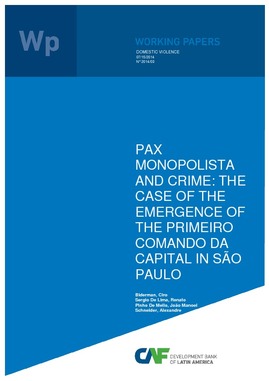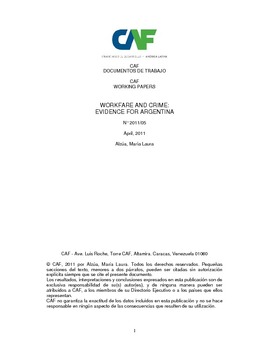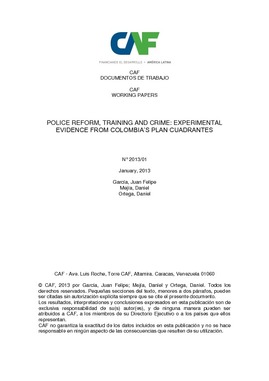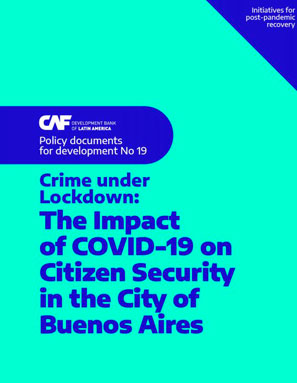Pax Monopolista and Crime: The Case of the Emergence of the Primeiro Comando da Capital in São Paulo
Abstract
This paper documents a rare phenomenon: the consequence of the dominance of a single criminal gang in the city of São Paulo, the Primeiro Comando da Capital (PCC). Using unique data to identify entry in geographically well-delimited areas – the Favelas - we explore the timing of the expansion of geographical dominance to estimate the causal impact of its dominance on property and violent crime. Pax Monopolista caused a reduction in violent crime but no impact on property crime.
Subject
Country / Region
Date
2014-07-15Cite this publication
Belongs to collection
Author
Biderman, CiroSergio De Lima, Renato
Pinho De Mello, João Manoel
Schneider, Alexandre
Items Relacionados
Workfare and crime: evidence for Argentina
This paper investigates the effect of introducing a massive workfare program on property crimes. In order to circumvent the endogeneity problem common ...
Police reform, training and crime: experimental evidence from colombia's plan cuadrantes
The Plan Nacional de Vigilancia Comunitaria por Cuadrantes (PNVCC) is a new police patrolling program introduced in the eight major cities of Colombia ...
Crime under Lockdown: The Impact of COVID-19 on Citizen Security in the City of Buenos Aires
This paper studies the impact of the COVID-19 pandemic and the subsequent lockdown on criminal activity in the City of Buenos Aires, Argentina. We find ...






